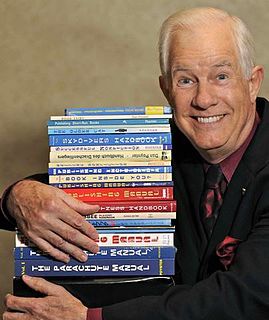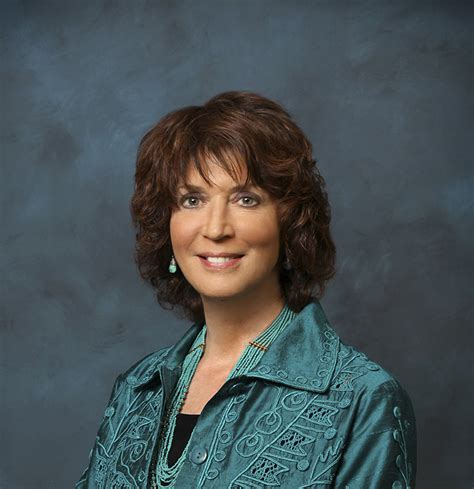A Quote by Melissa Febos
I absolutely think that women told that writing about themselves is somehow not worthy enough for a public audience all the time. I hear it so often from my students and friends. As if it doesn't take rigorous craft, and intellectual acuity to write a slammin' book of any kind. But perhaps, especially, about the body.
Related Quotes
I write for myself, and perhaps for half a dozen friends. And that should be enough. And that might improve the quality of my writing. But if I were writing for thousands of people, then I would write what might please them. And as I know nothing about them, and maybe I'd have a rather low opinion of them, I don't think that would do any good to my work.
A playwright, especially a playwright whose work deals very directly with an audience, perhaps he should pay some attention to the nature of the audience response - not necessarily to learn anything about his craft, but as often as not merely to find out about the temper of the time, what is being tolerated, what is being permitted.
It's not hard for me to be honest with my fans because that's what I set out to do from the beginning - I've based my entire career off of just trying to do that for them - but I always kind of forget that my real life friends can hear my music and they can watch my interviews if they want and that's when I get kind of like- "oh..." - I don't necessarily sit down and talk to my friends about all the things that I write my music about, because it's easier for me to write music than to sit and talk to my friends about it sometimes- it's almost like writing in a diary.
I really support criticism as a craft and as a vocation. People who devote as much time to thinking about sound through writing as I do practicing and forming it, the whole system of journalism seems to not yield rewards sustainable as a craft. So few can spend enough time to be serious about it and approach it with confidence and a kind of depth. And that's good on one level, because you have some leveling, that's kind of maybe leveled the petty fiefdoms of undeserving people but it's also made it hard to make a living as a writer.
In some ways, it is difficult for contemporary composers to find an audience. Both men and women would love a culture that embraced and hungered for new music, as they did in the Classical period. I tell my students that they should just keep writing, write what pleases you, and don't worry about what people or critics may think about your music.
There was no real strategic decision about editorial tone. It was kind of a write whatever you want to write, and we'll see how it goes. I think that we lucked out in that all of the women who started writing at Feministing.com were really funny, and I don't think that's something people are used to seeing or hearing when they read feminism. You know, you think feminism and you kind of think academic, women's studies, dry, humorless; there are all of these stereotypes that go along with what feminist thought is and what feminist writing is.
The people who review my books, generally, are kind of youngish culture writers who aspire to write books. When someone writes a book review, they obviously already self-identify as a writer. I mean, they are. They're writers, they're critics, and they're writing about a book about a writer who's a critic. So I think it's really hard for people to distance themselves from what they're criticizing.
I didn't write my book, 'I Don't Care About Your Band,' in order to give women a brand-new set of dating rules they need to feel terrible about not abiding. I wrote my book to make the women who read it feel good about themselves, and a little more entitled to be treated well by the guys they go out with.

































